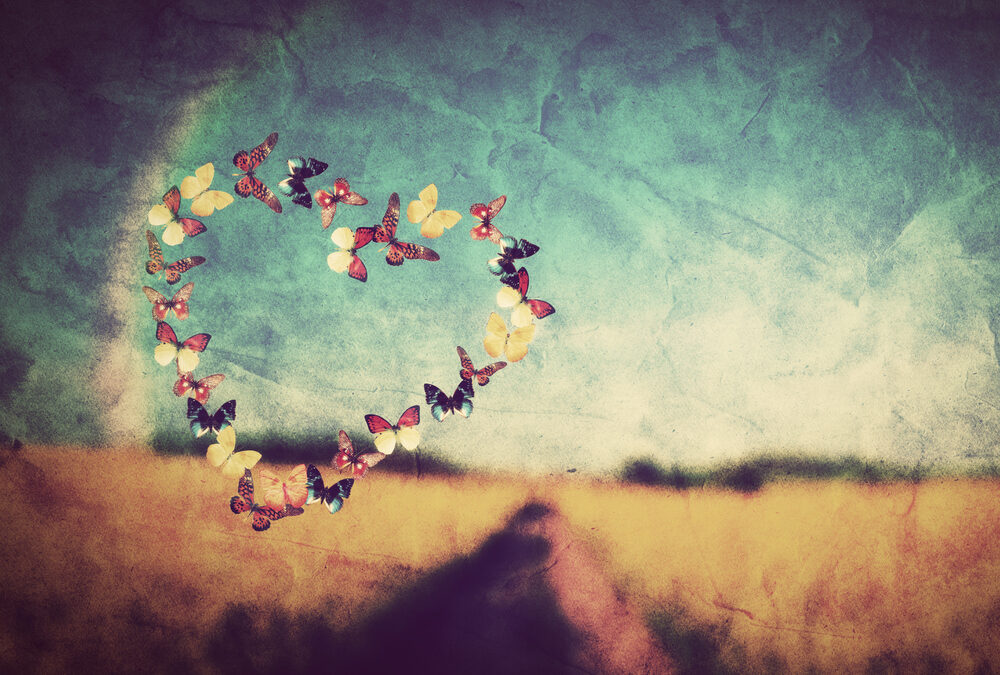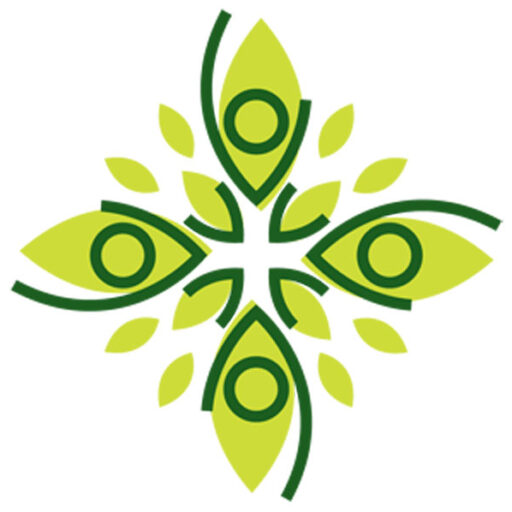Too often when people think about attending a church or think about finding a belief system that works for them they think, “What can this do for me?”. We are, after all, a very individualized society. Rugged individualism is baked into the DNA of our culture, and that goes back to Protestant ideas of predestination–that God has already made a decision on who is saved and who isn’t. How can we tell? Well wealth is one way. And thus, quite a bit of our world today can be explained.
A pan-polytheistic worldview, where we believe that the universe in all its splendor, the Earth and all the flora and fauna upon it, and us are all part of the same divine whole, isn’t an individualistic worldview. It’s one where we believe that we’re connected to one another, to the creatures which live with and among us, to the plants. What affects people living in our cities or states, or in countries we’ll never see across the globe, affects us. Our shared humanity means that we should care if there’s a famine somewhere or if school children in another state go hungry.
But it’s not just all of humanity that’s corrected. From the smallest plankton which forms the foundation of this wide, wonderful food web, to the largest whales in the ocean and all the animals in between large and small, what affects them affects us and vice versa.
It isn’t just our theology. Noted religious scholar in his book, Holy Terrors: Thinking About Religion After September 11 gave a comprehensive definition of religion which included, “A set of practices whose goal is to produce a proper world and/or a proper human subjects, as defined by a religious discourse to which these practices are connected”. To us, a proper world is one that is free, full of respect and community, and the proper human subjects of this world are free, imbued with divinity that gives them the right to choose the divine presences they wish to work with and to what purpose.
This divinity also means that each individual has a right to freedom, to liberation. A fundamental human right is that one person can make decisions about themselves, about their bodies, and about their direction in life without coercion from another, including the state or institutional actors. This is at the heart of many liberation movements, including the disability, mad, and neurodivergent liberation movements of which I personally am a part of and advocate for.
Each person knows what is best for their own body–full stop.
Each person knows what is best for their own lives–full stop.
And each person deserves to have their wishes respected so long as their wishes don’t impinge on another person’s freedom to make those decisions for themselves.
That is what it means to be divine, to realize that we’re all part of a spiritual whole, that we are connected to one another through the bonds of the air we breathe and the earth we stand upon, but also through the bonds of the very astronomical elements, the star stuff if you will, that makes up our cells and DNA.
Church is not an individualistic effort. It is about communitas (community) and those invisible bonds that connect us. Lao-Tzu once described communitas as the invisible space in the center of a wagon wheel, where normally the axel would go through to hold the wheel in place. Community is what holds the church together and keeps it moving forward. It is service to that community which is at the heart of the church.


